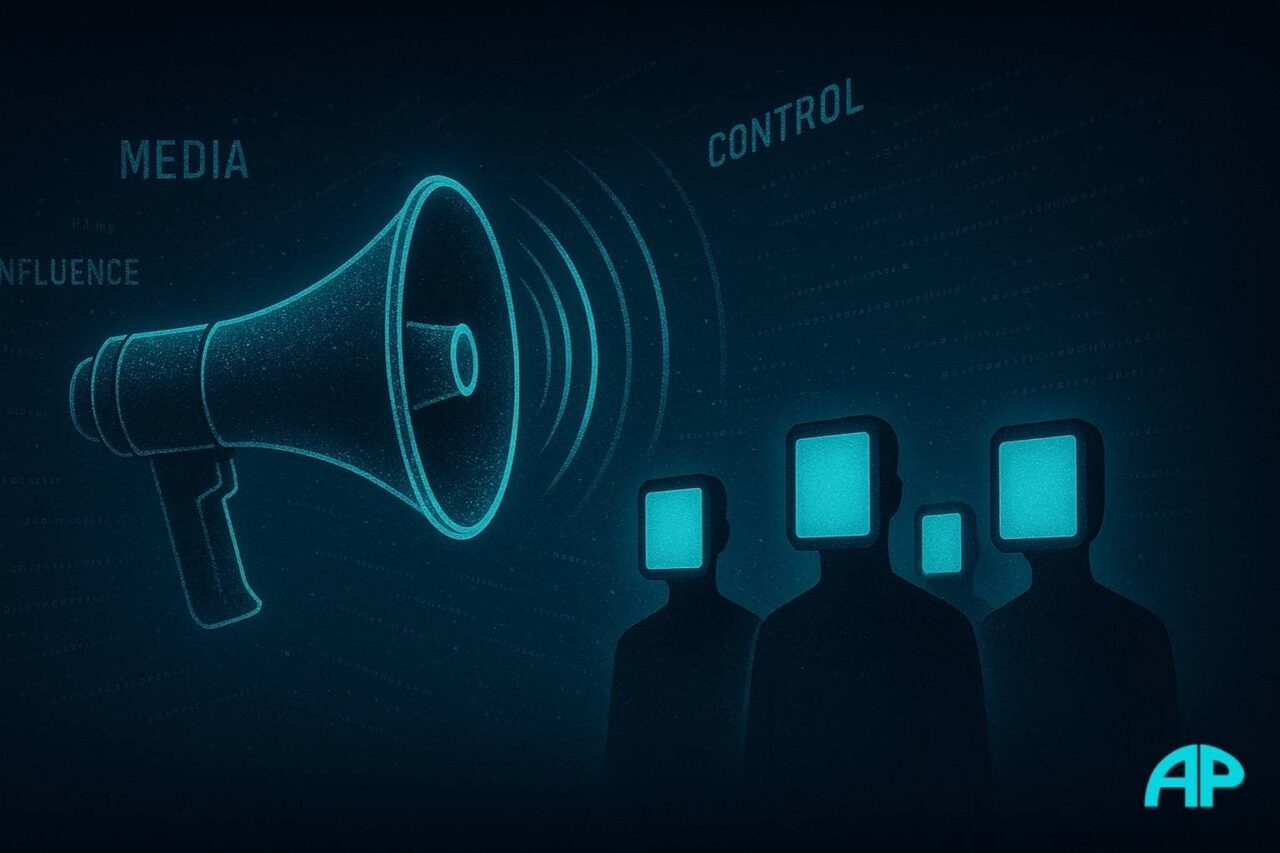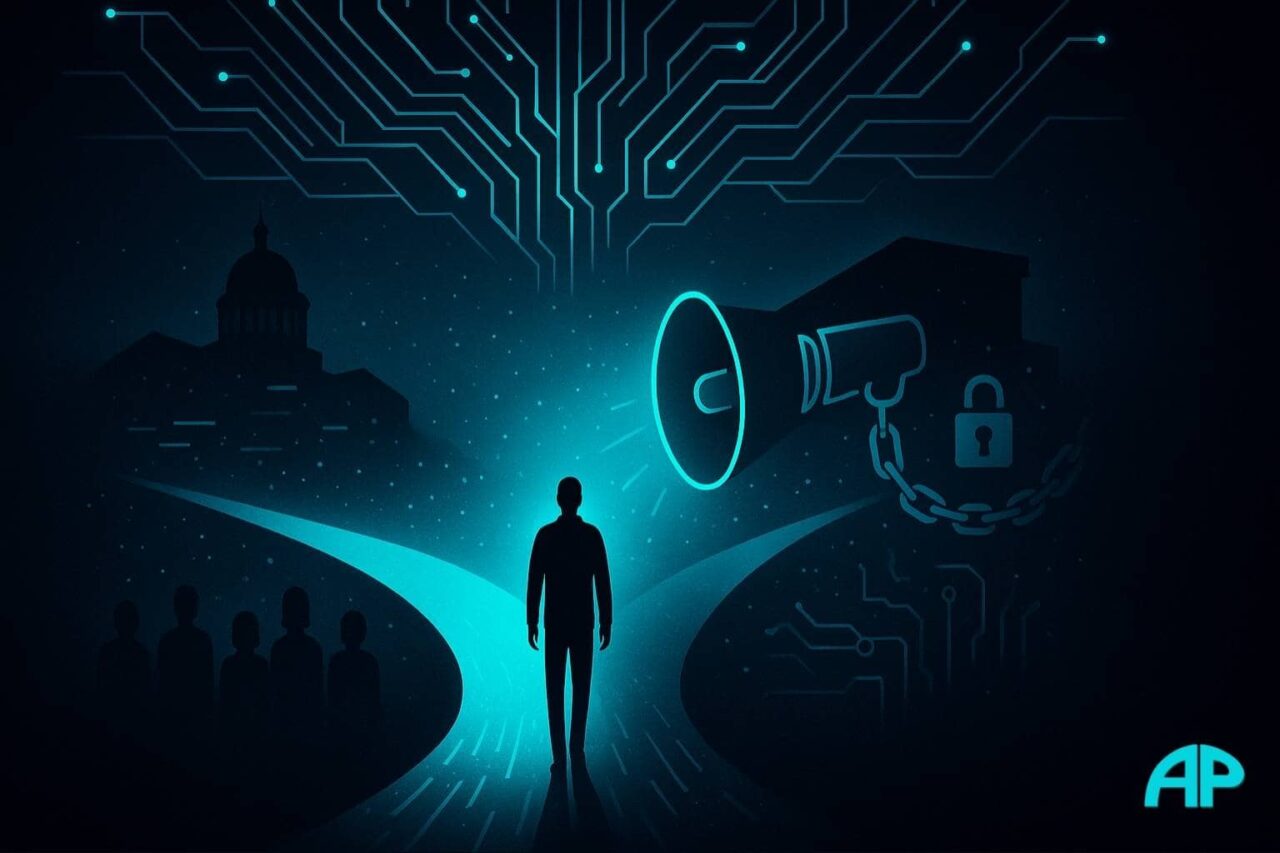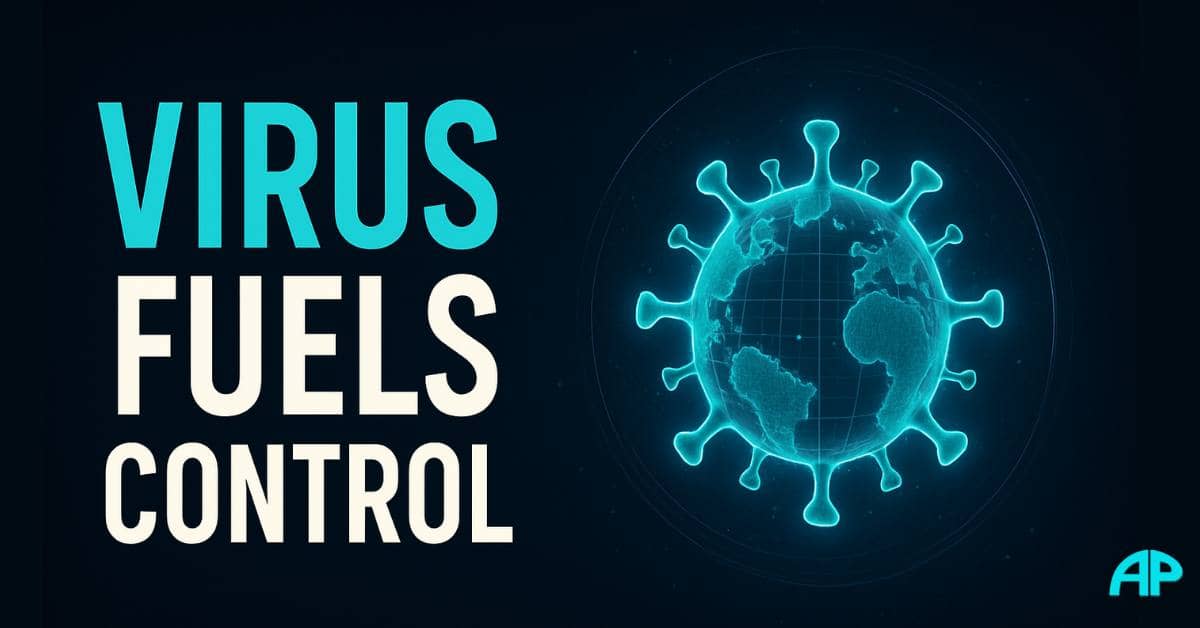Unveiling the Pandemic’s Role in Expanding Global Power and Control: What’s the Hidden Agenda?
Table of Contents
- Introduction: COVID-19 & Power
- Fear as a Tool for Control
- Lockdowns and Mandates
- Vaccine Passports & Surveillance
- Global Institutions’ Role
- Economic Fallout & Control
- The New Normal: Power Remains
- How to Resist and Reclaim Power
How COVID-19 Expanded Global Power and Control
The COVID-19 pandemic altered every facet of life, from how we work and travel to how governments manage crises. However, while most viewed the pandemic as a health emergency, a deeper, more insidious agenda was at play: the expansion of global power and control. Governments, under the guise of protecting public health, seized the opportunity to expand their reach. Policies and tools were introduced that limited individual freedoms and centralized power in ways that would have been unthinkable before the pandemic.
As we look back on the events that unfolded, it becomes clear that COVID-19 was not just a health crisis—it was the perfect catalyst for governments and global institutions to push forward a broader agenda of expanding global power and control.
Fear as a Tool: The Perfect Catalyst for Control
During the pandemic, one of the most potent tools governments used to tighten their grip was fear itself. Fear is a powerful force, and throughout COVID-19, it served to justify extraordinary measures. Governments and media outlets worked hand in hand to cultivate an atmosphere of anxiety and uncertainty. A relentless stream of alarming headlines, dire statistics, and grim forecasts kept people on edge and deeply vulnerable.
In this climate of fear, the public became more willing to accept intrusive policies like lockdowns, mandates, and heightened surveillance. Fear stifled dissent and made it easier for sweeping changes to slip through, changes that, under normal circumstances, might have sparked significant resistance. By wielding fear strategically, governments advanced their agendas, moving steadily toward greater global power and control.
Government Overreach: Lockdowns and Mandates

The implementation of lockdowns and mandates under the pretext of public health was one of the most significant examples of government overreach during the pandemic. While these measures were presented as temporary solutions, they quickly became tools of control. Citizens were told to stay in their homes, and businesses were forced to shut down. The public accepted these restrictions, believing they were necessary for the greater good.
However, as the months dragged on, it became apparent that these measures were not merely about public safety—they were about expanding government control over the population. The longer lockdowns persisted, the more people became accustomed to this new way of life, where personal freedoms were surrendered in the name of security.
Expanding global power and control through lockdowns and mandates laid the groundwork for more intrusive policies in the future.
Vaccine Passports: Paving the Way for Surveillance
The introduction of vaccine passports was another significant step toward increasing global power. On the surface, these digital health passes appeared to be a way to safely reopen society and prevent further spread of the virus. However, vaccine passports were much more than a health measure, they were the first step toward a broader system of digital surveillance.
Vaccine passports quickly became the key to everyday life during the pandemic. To enter public spaces, travel, or even keep certain jobs, proof of vaccination was often mandatory. These digital passes gave governments and corporations unprecedented power to track people’s movements and choices, creating a system of control that divided society. Those who complied were granted access to normal activities and freedoms, while those who chose not to were pushed to the margins, denied entry to places and opportunities they once took for granted.
This system sets a dangerous precedent for further control measures under the guise of public safety. Vaccine passports became the prototype for more intrusive tracking systems, part of the larger agenda to expand global power and control through digital surveillance.
The Role of Global Institutions in Expanding Control
Global institutions like the World Health Organization (WHO), World Economic Forum (WEF), and others played a crucial role in shaping the pandemic response, often promoting policies that increased government power. These institutions provided governments with a roadmap for handling the pandemic, pushing for surveillance, digital identification systems, and even social credit systems in some cases.
These global organizations pushed for centralized solutions that expanded their own influence over national governments, creating an interconnected web of global power. As these institutions continue to promote their agendas, we see the growing influence of global power and control.
Economic Fallout: Control Through Financial Crisis
While the health impacts of the pandemic were severe, the economic fallout was just as devastating. Small businesses collapsed, millions lost their jobs, and entire industries were decimated. However, not all sectors suffered equally. Large corporations thrived, growing their influence and power as smaller competitors disappeared.
This economic devastation created a population that became more dependent on government aid and subsidies. Governments could now more easily dictate the terms of recovery, tying financial support to compliance with new regulations. The pandemic’s economic impact became another tool for expanding global power and control, as financial dependence weakened resistance to government overreach.
The New Normal: Will This Expansion of Power Persist?

As the world moves beyond the immediate crisis of COVID-19, the question remains: Will this expanded power persist? While some measures have been rolled back, many of the systems introduced during the pandemic, such as digital surveillance, vaccine passports, and restrictions on movement are still in place or are being further developed.
Governments and global institutions now have a blueprint for how easily power can be expanded during a crisis. The precedent has been set. It’s likely that the systems put in place during COVID-19 will remain and evolve, becoming permanent fixtures of a society under more centralized control.
This post-pandemic world is a testament to how COVID-19 was the perfect catalyst for expanding global power and control.
Reclaiming Power: How to Resist Expanding Control
In the face of expanding control, there are ways to resist and reclaim your power. Here are a few key actions:
- Use privacy-focused cryptocurrencies: Opt for coins like Monero (XMR) to protect your financial privacy from traceable systems like digital currencies.
- Reject digital surveillance: Be wary of systems that track your movements or require digital health passes. Choose privacy over convenience.
- Support local businesses: Strengthen your community by supporting small, local businesses rather than relying on large corporations.
- Stay informed: Educate yourself on the tactics governments and global institutions use to expand their power.
- Join like-minded communities: Build networks of individuals who share your values and are committed to resisting centralized control.
Resisting expanding global power and control requires vigilance and action. By protecting your privacy, supporting local economies, and staying informed, you can maintain autonomy in an increasingly controlled world.

Ready for change?
It’s time to break free from the grip of global control. Stop living by their rules and start building a life on your own terms. Whether you want to escape the 9-5, work from anywhere, or reclaim your personal freedom, the power is in your hands.
With our proven system and tools , you can create a brand around your passions and take back control of your life. The world is shifting, and the best time to start is NOW!
Don’t let your future be dictated by outside forces. Take the first step toward true freedom today.
What Would Happen If You Just Started?
🚀 Start an Online Business – Learn the essentials and build something real.
👻 Ghost Commerce Guide – No face, no fluff — just assets that work while you sleep.
💸 Affiliate Marketing for Beginners – Turn your passions into passive income.
✍️ Start a Blog That Pays – Share your truth and build a brand around it.
🔁 Take the 7-Day Shift – Rewire your mindset. Reset your life. In just one week.
🌴 Build a Freedom Business – Work less. Stress less. Live free — for real.


